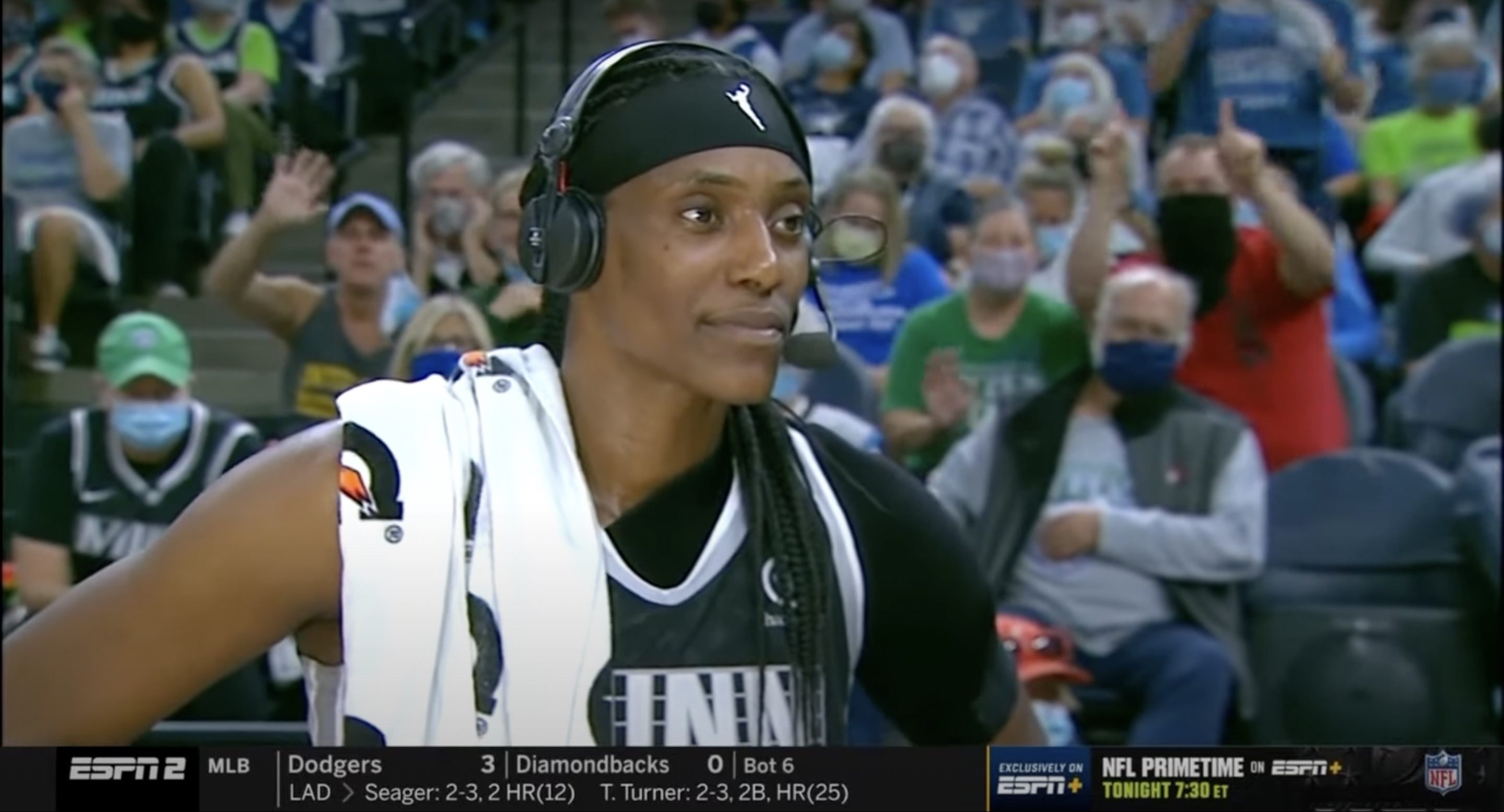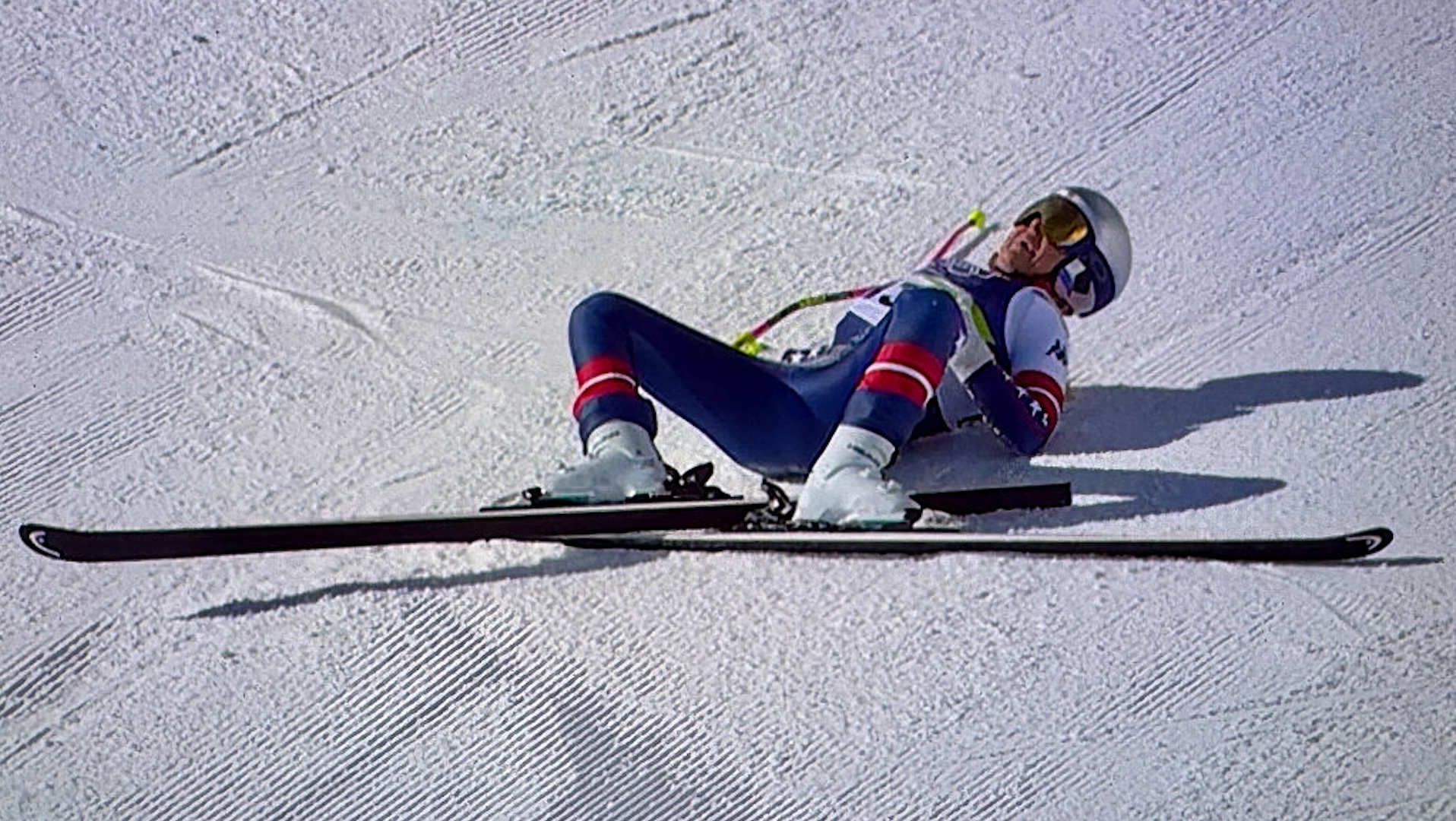Once it sank in that the Seattle Storm's postseason had started and ended in the span of two and a half hours, Sue Bird's fans asked her for one more year. The 40-year-old veteran hasn't announced actual plans to retire; it's more a specter that's loomed for a few seasons. "This is the first offseason where I feel like I need to weigh it," she said Sunday. Still, I was taken aback by the suddenness of everything—Bird being asked "what basketball has meant to you" in the postgame interview, the jersey swap with Diana Taurasi, a slightly presumptuous ESPN-arranged spectacle that all seemed to come from nowhere. The theme of the weekend in the WNBA was "Wait, what? What! It's over?" A few hours after the Mercury defeated the Storm to advance to the semifinals, the three-seed Minnesota Lynx's season ended at the hands of the Chicago Sky in the same unsatisfying way as Seattle's. The Lynx had spent a season battling injury, but the team finally gelled in mid-June and climbed their way back up the standings. Didn't matter in the end. When they could least afford it, they had a bad game.
Storm fans don't want this to be the last game for Sue Bird 🥺 pic.twitter.com/HoSWUyRB9Z
— ESPN (@espn) September 26, 2021
Among WNBA players, coaches and media, you won't find many defenders of the league's current bummer of a playoff format, which begins with two single-elimination rounds. (The top two seeds get double-byes; the third and fourth seeds just a bye for the first round.) A fairly popular proposed reform is to make the series longer with each round, so that the playoffs begin with one single-elimination round for the worst teams and end in a seven-game Finals. If time is an issue—which it is in a league where, like, 80 percent of the players are on a plane to their other jobs in Europe the day after the season ends—I wouldn't mind tweaking the second round to make it a double-elimination series for the team with the better record, but single-elimination for the worse one, like having to make your first free throw to get a second attempt.
Is this Baby Behavior, mewling about the unfairness of it all? Maybe. One not-terrible argument for the status quo is that if the better teams are really better, they would just win the win-or-go-home game, rather than going home. One smart-seeming guy, using what Vox calls "a statistical technique," has placed basketball pretty far on the skill end of a luck-skill continuum, making it a sport less prone to fluky results than most other ones. A statistical technique says this! But so much of the fun of postseason basketball is the push and pull of adjustments, the fresh face thrown in the starting lineup one night, a bruised ego's recovery from a bad game, the shifts in momentum, two teams learning each other in real-time and retreating to debrief before trying again the next day. (This is exactly how the best rivalries take shape, too.)
No team ever loses on its own terms; I've called Minnesota's and Seattle's losses to teams with worse records "unsatisfying" as if there were any satisfying way for a season to end. But as a fan, there can be some satisfaction in having learned a little more about the people you root for. I think that's what I most want out of playoff basketball, to better understand a team, its capabilities, its level of resilience. And it's difficult to learn much about Seattle from Jewell Loyd's weird, terribly timed 5-for-24 shooting performance or a game where Breanna Stewart was sitting injured on the bench. Among the worst things about the short WNBA season length is the tiny sample size it gives us to evaluate players, which the single-elimination format certainly doesn't help.
Kudos to the Chicago Sky. They are probably better than their 16-16 record, peaking at the right moment, and playing the way fans hoped they would at the season's beginning: with a typically energetic offense that gets everyone involved and a defense that, this year, actually exists. This storyline didn't get much play in Sunday's broadcast, but Chicago's coach knows Minnesota well. James Wade spent two seasons on Cheryl Reeve's bench, watching and working with Defensive Player of the Year Sylvia Fowles. In the second half of Sunday's game, Chicago adjusted to shut the center down with a bunch of triple-teams. Fowles had seven field goal attempts in the first half, and just two in the second. The Sky made a brilliant first strike, scrambling up the gameplan. I only wish the Lynx had had a chance to respond.






